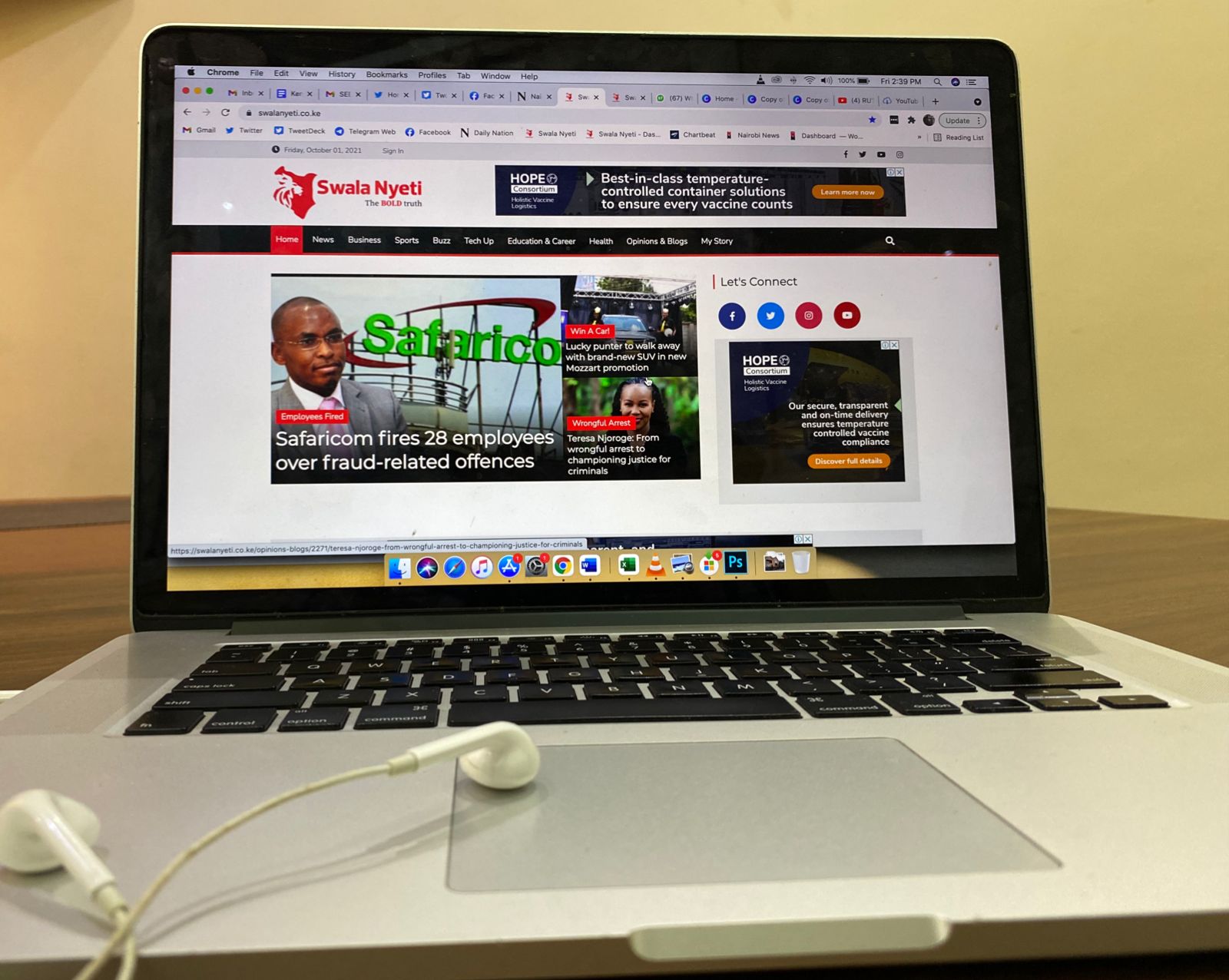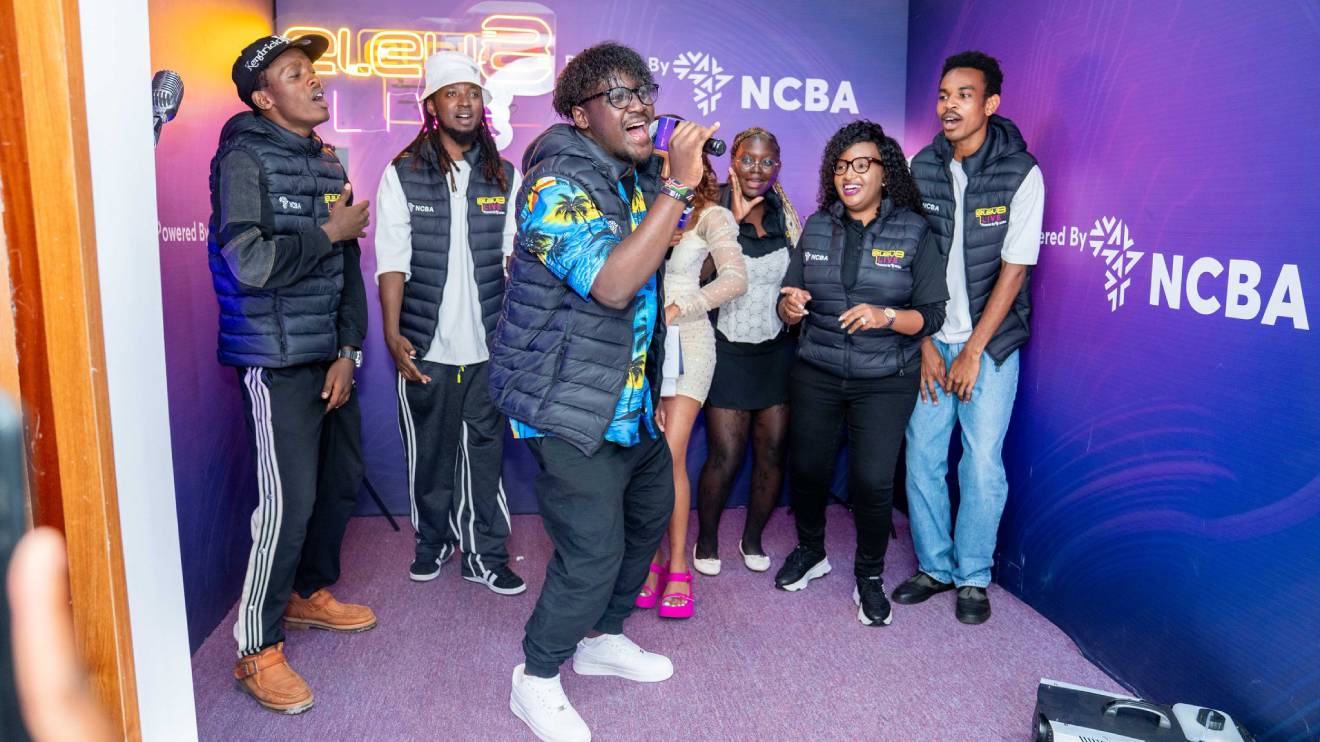Kenya has dropped from position 77 to 79 in the World in Digital Quality of Life Index 2021.
According to the index, Kenya, however, ranks second in Eastern Africa and has surpassed Zambia, Tanzania, and Ethiopia and is also 3rd position in Africa.
The global digital wellbeing study shows that Kenya has dropped by two places since last year, ranking 3rd in Africa.
The third annual edition of the Digital Quality of Life Index (DQL) ranks Kenya 79 out of 110 countries.
Covering 90 per cent of the global population, the DQL study is conducted by the cybersecurity company Surfshark and evaluates countries based on a set of five fundamental digital wellbeing pillars.
Read More
The index shows that Kenya displayed its best scores in e-security (54th) and e-infrastructure (58th), but shows comparatively low results in internet affordability (101st), internet quality (108th) and e-government (71st).
The US remains the country with the highest digital quality of life in the Americas, while South Korea takes the leading position in Asia.
Among countries in the African continent, people in South Africa enjoy the highest quality of their digital lives whereas Australia leads in Oceania, outperforming New Zealand in various digital areas.
Kenya has the best e-infrastructure regionally as the study states that up to 85 per cent of individuals living in Kenya use the internet.
At the same time, e-security in Kenya stands at 10 per cent better than the global average and also emerged first among neighboring countries.
However, the study suggests that the country can improve in all digital wellbeing areas, especially internet affordability and quality.
Kenya has the same GDP per capita as Nigeria, but the internet quality of both countries differs substantially as Nigeria ranks position 56t in the pillar, while Kenya barely made it to the top 110.
Those living in Kenya have to work almost 13 hours to afford the cheapest broadband internet package, which is twice as much as the global average, according to the research.
Furthermore, people in South Africa have to work 9 times less than in Kenya to afford mobile internet and 8 times less to pay for broadband internet.
“Digital opportunities have proved to be more important than ever during the COVID-19 crisis, stressing the importance for every country to ensure fully remote operational capacities for their economies,” said Vytautas Kaziukonis, CEO of Surfshark.
He added, “That is why, for the third year in a row, we continue the Digital Quality of Life research, which provides a robust global outlook into how countries excel digitally. The index sets the basis for meaningful discussions about how digital advancement impacts a country’s prosperity and where improvements can be made.”
In an all-around picture, 6 out of 10 countries holding the highest scores are located in Europe, following last year’s trend.
Denmark ranks first in DQL for the second year in a row, closely followed by South Korea, while Finland ranks third, while Israel and the US lead in the top five of 110 nations that were evaluated.
The bottom 5 countries in the ranking are Ethiopia, Cambodia, Cameroon, Guatemala, and Angola.
The study also revealed that broadband is globally less affordable this year.
Comparing countries included in the DQL, people have to work 25 minutes more to afford broadband internet in 2021, while they have to work 28 minutes less to afford mobile internet this year.
The world’s worst internet is the least affordable, according to the study, and in countries like Nigeria, Côte D'Ivoire and Mali, people require approximately a week’s worth of work to afford the internet.
The report suggests that investments by countries in electronic infrastructure and electronic government will contribute to people’s digital wellbeing the most.
The DQL 2021 research examined more than 6.9 billion people on five core pillars and 14 underpinning indicators that provide a comprehensive measure.
The study is based on open-source information provided by the United Nations, the World Bank, Freedom House, the International Communications Union, and other sources.


-1756110371.jpeg)

-1749231819.jpg)

-1741732649.jpg)



-1755100273.jpeg)
-1756474472.jpg)
